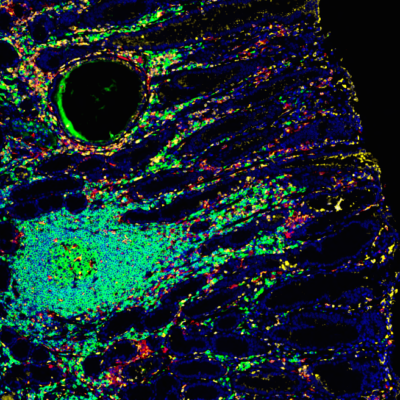H.pylori vaccine research targets stomach cancer
By Rob Clancy, staff writer
A bacterium present in half the world’s population, Helicobacter pylori (h.pylori) is the target of new research aiming to develop a vaccine against stomach cancer.
H.pylori is a bacterium that infects the stomach lining, causing inflammation, but most people are unaware that they are infected.
It can also lead to stomach cancer, which often goes undiagnosed until it is already in its advanced stages, which is why stomach cancer is referred to as a ‘silent killer’.
Sadly, despite improvements in diagnosis and treatment, the five-year survival rate for stomach cancer is still less than 30 percent.
The United States Department of Defense has identified stomach cancer as a common affliction among military veterans, particularly those of African-American, Hispanic and Asian ethnicities.
In order to protect those veterans and their families – who are most frequently exposed to H. pylori – the department is funding a three-year research study at Hudson Institute of Medical Research through its Peer Reviewed Cancer Research Program (PRCRP) Idea Award.
Leading the study is Professor Richard Ferrero, who says that though antibiotics are very effective in treating H. pylori infection, there are many problems associated with these therapies and so new approaches are needed to combat this bacterium.
The long-term aim of the research is to develop a human H.pylori vaccine, but Prof Ferrero and his team say a proven and approved H,pylori vaccine could be 10 years away.
Contact us
Hudson Institute communications
t: + 61 3 8572 2761
e: communications@hudson.org.au
About Hudson Institute
Hudson Institute’ s research programs deliver in three areas of medical need – inflammation, cancer, women’s and newborn health. More
Hudson News
Get the inside view on discoveries and patient stories
“Thank you Hudson Institute researchers. Your work brings such hope to all women with ovarian cancer knowing that potentially women in the future won't have to go through what we have!”







